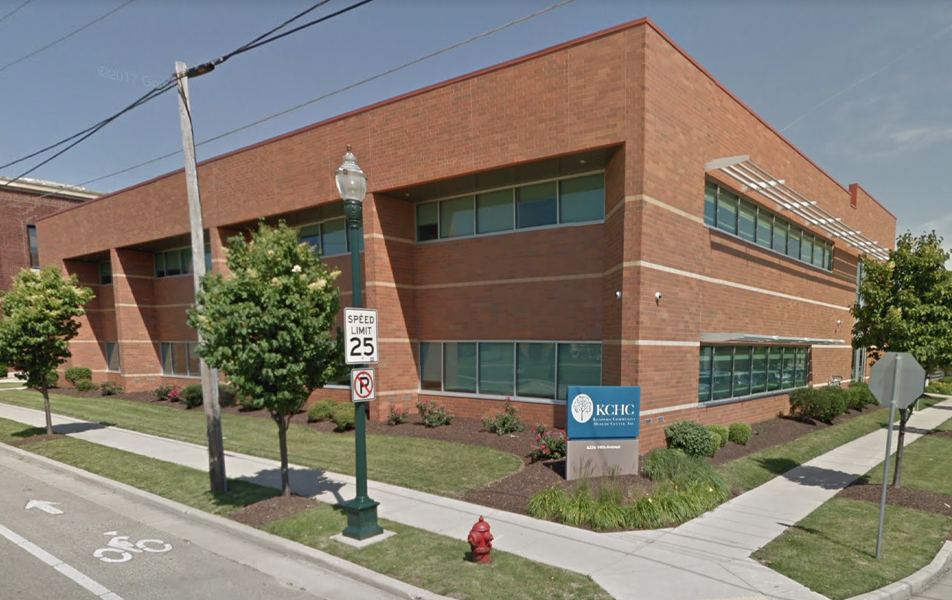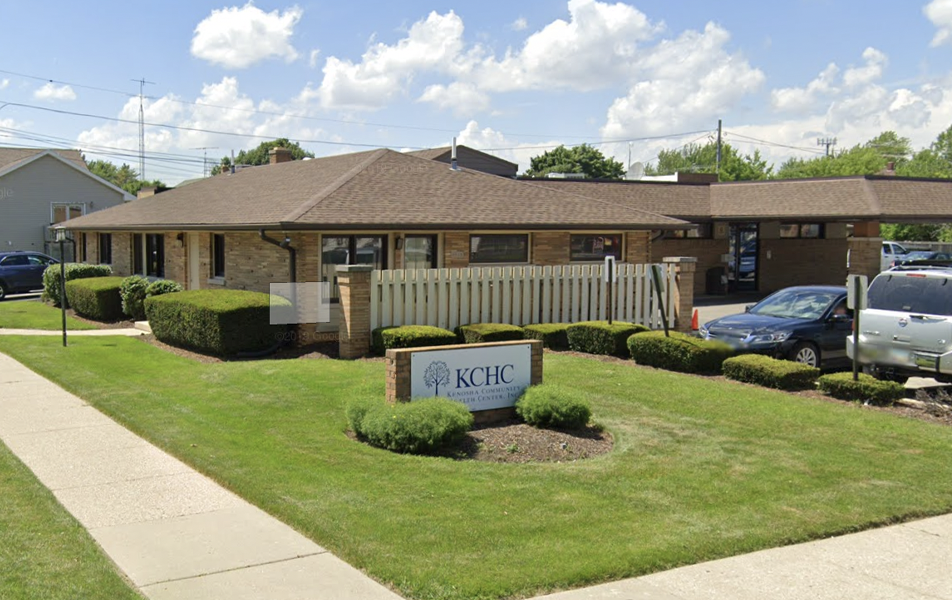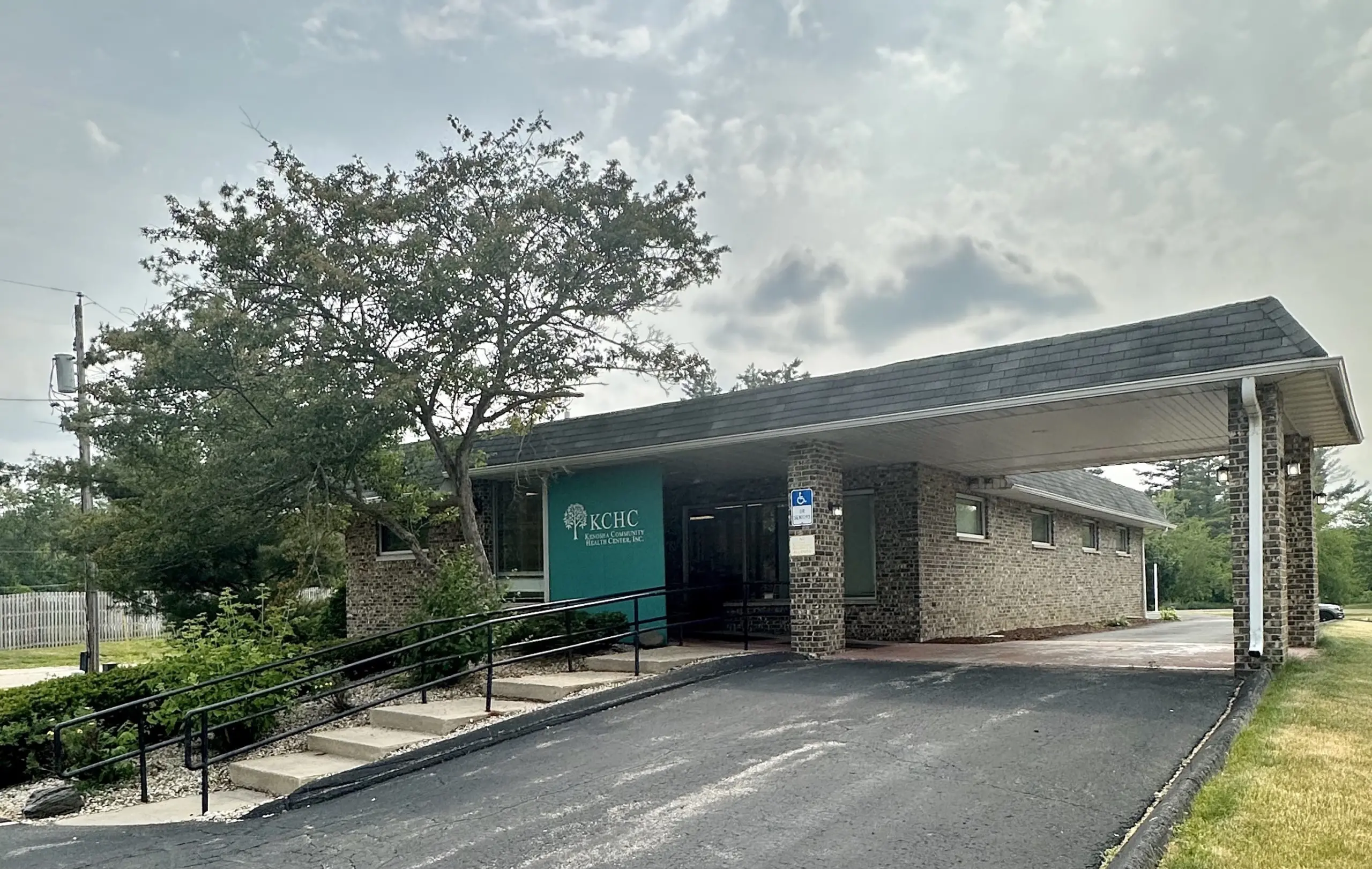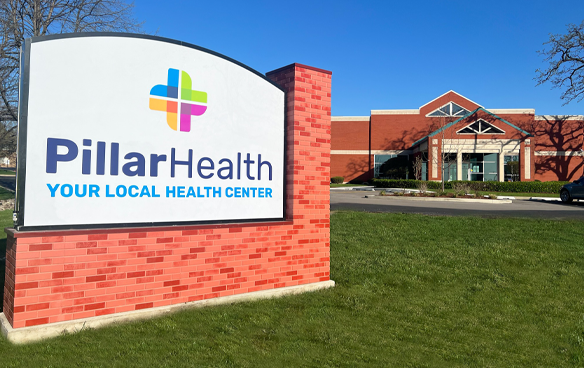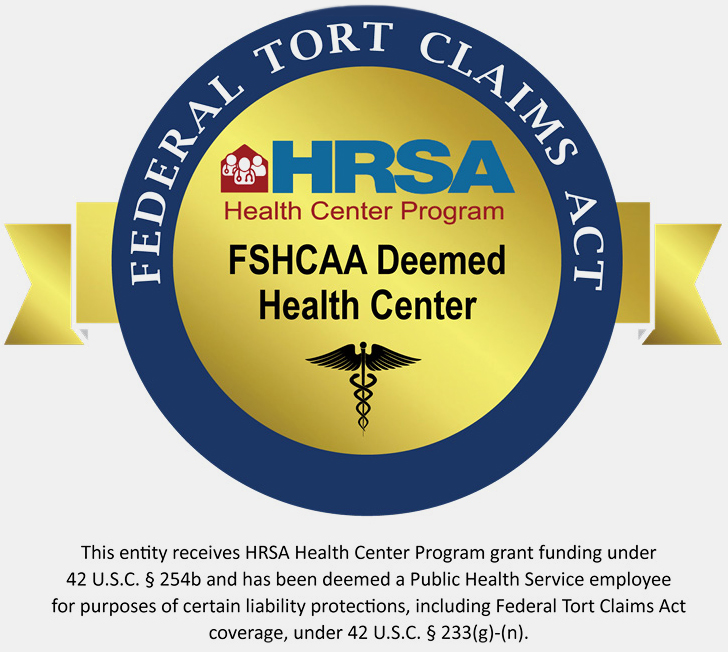
Colorectal Cancer Guide for Patients: Screening, Prevention and Signs
Colorectal cancer it’s a tough topic, but we’ve got to face it head-on. With rates climbing, especially among folks under 50, we need to get serious about prevention and screening.
Screening is key in preventing colorectal cancer, with the potential to prevent 68% of related deaths. Recommended for everyone 45 and older, screening methods like colonoscopies are highly effective in detecting and removing precancerous polyps.
The right screening approach depends on individual risk factors, which should be discussed with a healthcare provider. Early detection is crucial, as more than half of U.S. cases are linked to lifestyle factors that can be modified. Despite a higher survival rate for younger patients diagnosed early, late-stage diagnosis remains a risk, underscoring the importance of awareness and screening across all ages.
Many people survive this cancer, especially if it’s found early. So, getting screened is a really good idea to stay healthy.
Know the Signs
First off, let’s chat about what to watch for. Colon and rectal cancer have the same warning signs, and here are a few key ones:
- Bloody Poop: If you see blood when you go, it’s time to talk to your doctor. It might not be cancer, but it’s definitely not normal.
- Changes in Bathroom Habits: If your poop starts looking different, or you’re not going as regularly as you usually do, that’s a sign to check in with your doctor.
- Tummy Troubles: Severe belly pain isn’t something to ignore. If you’re hurting badly, get it checked out.
- Skinny Poop: Poop that’s thinner than usual could be a sign something’s blocking the way. Mention it to your doctor.
- Losing Weight Without Trying: If the pounds are dropping and you’re not sure why, it’s time to dig deeper with your doctor to get answers.
- Trouble with Gas: If you’re feeling bloated or can’t pass gas like usual, it could be a sign of something more serious.
Take Action
If you spot any of these signs, don’t panic, but do take action. It doesn’t mean you have cancer, but it’s important to get checked out. And, even if you’re feeling fine, screening is key to detect issues that may be silent at the present time. Starting at age 45, everyone should get screened for colorectal cancer. It can save lives by catching problems early.
Reduce Your Risk of Colorectal Cancer
To help lower the risk of colorectal cancer, consider making these lifestyle changes:
- Eat More Fruits and Veggies: Fill your plate with a variety of colorful fruits and vegetables. They’re packed with vitamins and fiber that are good for your whole body.
- Choose Whole Grains: Swap out white bread and pasta for whole-grain versions like brown rice, whole wheat pasta, and oatmeal.
- Cut Down on Red and Processed Meats: Try to eat less red meat (like beef and pork) and processed meats (like bacon and sausage). Go for chicken, fish, or plant-based proteins instead.
- Stay Active: Try to get at least 30 minutes of exercise on most days. Walking, biking, swimming, or any activity that gets your heart pumping counts.
- Watch Your Weight: Keeping a healthy weight is important. If you’re overweight, losing even a little bit can make a big difference for your health.
- Limit Alcohol: If you drink alcohol, try to cut down. Men should aim for no more than two drinks a day, and women should stick to one or less.
- Don’t Smoke: If you smoke, quitting is one of the best things you can do for your health. If you don’t smoke, don’t start.
- Get Regular Screenings: Talk to your doctor about your family history, when to start colorectal cancer screenings and which tests are right for you.
We’re Here for You
If you’re in Kenosha, Racine, or Walworth Counties and you’re worried about any of these symptoms, or it’s time for your screening, give us a call at 262-656-0044. Don’t wait. Early detection is the best weapon in this fight.
Together, we can be relentless champions for our health and our future. Let’s stand united and take care of each other. Remember, no one fights alone. Let’s tackle this head-on, for ourselves, our families, and for our community.
COLORECTAL CANCER’S IMPACT
Colorectal cancer’s impact varies significantly across different racial and ethnic groups, with some communities facing higher risks and mortality rates.
BLACK AMERICANS
Black Americans are particularly affected, with a 20% higher likelihood of developing the disease and a higher mortality rate compared to other groups.
INDIGENOUS POPULATIONS
For Indigenous populations, especially in the Northern Plains and Alaska, colorectal cancer rates are notably high and are not showing signs of decline.
ASIAN AMERICANS
Asian Americans have lower screening rates, particularly among those under 50, which contributes to their risk.
HISPANIC AND LATINO AMERICANS
Hispanic and Latino Americans encounter unique barriers to screening, such as language and cultural differences, leading to higher rates of late stage cancer diagnoses among younger individuals.
ASHKENAZI JEWS
Ashkenazi Jews carry one of the highest risks globally for colorectal cancer. These disparities highlight the need for targeted awareness, screening, and intervention strategies to address the specific challenges faced by each community.

Do not wait to schedule your appointment.
Kenosha Community Health Center has many appointment options in Kenosha and Silver Lake to meet your needs.
Schedule An Appointment

